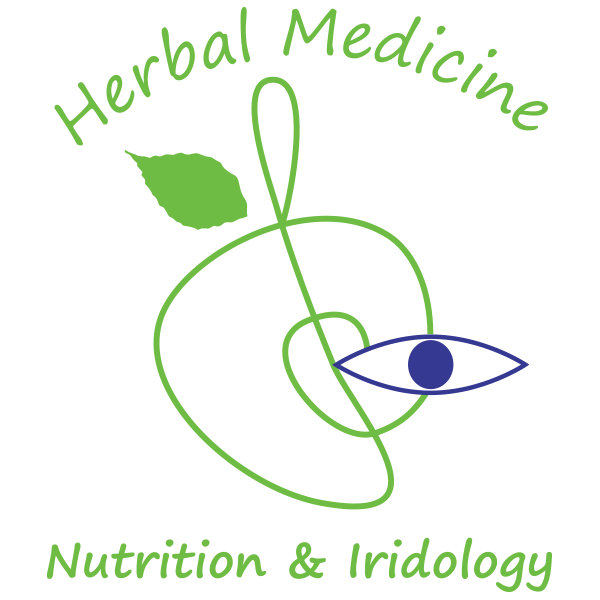Nutritional herbalism works slowly to gently restore balance in the body, using healing foods, herbs and spices to cleanse, tone and revitalise on physical, emotional and mental levels. It aims to prevent illness and promote optimal well-being while increasing awareness of the mind/body connection and our connection to our environment.
Two thirds of the body’s serotonin is produced in the stomach.
Food as medicine

Culinary herbs and spices contain minerals and vitamins, anti-oxidants, essential oils, phyto-sterols and when used correctly, can help to improve digestion of fats, increase your body’s uptake of nutrients, assist elimination of waste, strengthen immunity and reduce inflammation while adding interest and flavour. They can stimulate circulation, balance body pH and are enjoyable to learn about. They reconnect us to the wisdom of nature and the beauty of plants as we deepen our understanding of how food preparation and choice can directly impact our mood, energy and overall health.
Many fruit and vegetables contain beneficial phytochemicals such as:
- Quercetin: an anti-carcinogenic is found in apples, onions, berries, citrus fruits and cruciferous vegetables, and helps to prevent heart disease, inflammation and respiratory diseases.
- Resveritrol: is an antifungal that protects against cancer and cardiovascular disease, it is found in grapes, red wines, berries, tomatoes and other red, purple and dark fruits.
- Anthocyanins: are found in fruits, vegetables, flowers and plants ranging in colours from red to blue, they are high in anti-oxidants that boost immunity and help prevent cancer.
Food Balance
Requirements for macronutrients (carbohydrates, fats and proteins) and micronutrients (vitamins, minerals and water) varies depending on age, gender, lifestyle, medical history and current health status. Too many macronutrients and not enough micronutrients is a common problem, increasing the risk of diabetes and cardiovascular disease. Balancing our intake of nutrients from a variety of foods, in combinations that facilitate digestion can resolve many digestive discomforts and improve metabolism, mood and more.
Superfoods
Superfood is a term applied to nutrient dense foods that the body can easily uptake and use. They include herbs, seaweeds, bee pollen, grains, seeds and fruits and nuts. There are many to choose from, some exotic and some are common foods we sometimes neglect, or cook to death losing all the benefits in the cooking process.
Herbs are highly nutritious. Parsley, for example, is rich in vitamins K and C and a good source of vitamin A, Folic acid and iron. It is also diuretic (increases urination) and contains oxalates, which should not be over-consumed, however a small handful of fresh parsley is generally safe. Other common foods that are often overlooked include barley, kale, cabbage and other cruciferous vegetables.
Here in Ireland we have many seaweeds such as dulse, carrageen and kelp that are packed with proteins, vitamins and minerals. Chlorella is a fresh-water algae that contains up to 65% protein with 19 amino acids. It is higher in chlorophyll than any other known leafy plant making it ideal for maintaining pH balance. It is rich in antioxidant vitamins and minerals, and supports brain functioning and immunity by drawing environmental pollutants and other free radicals from the body.
Superfoods such as spirulina, maca and wheatgrass support your body at a cellular level. Raw cayenne increases circulation and is one of the best foods for cardiovascular health. Raw garlic is a natural antibiotic, cleanses the blood and aids digestion.
3 tips to improve digestion:
- Eat some raw food at the start of each meal, a green salad with some bitter leaves such as chicory, endive, rocket, mustard or dandelion greens thrown in. There’s no need to overdo it, just enough to challenge the taste buds and initiate the flow of digestive juices.
- Prepare meals that are tasty and visually appealing, again to get your digestive juices flowing. When sitting down to eat set aside distractions, relax and eat slowly, chewing well before swallowing. Chewing each mouthful fully (at least 2o times) before swallowing can resolve many digestive problems.
- A cup of chamomile, peppermint or ginger tea at the end of a meal can help to soothe digestion and calm any rumbling or mild discomfort.

